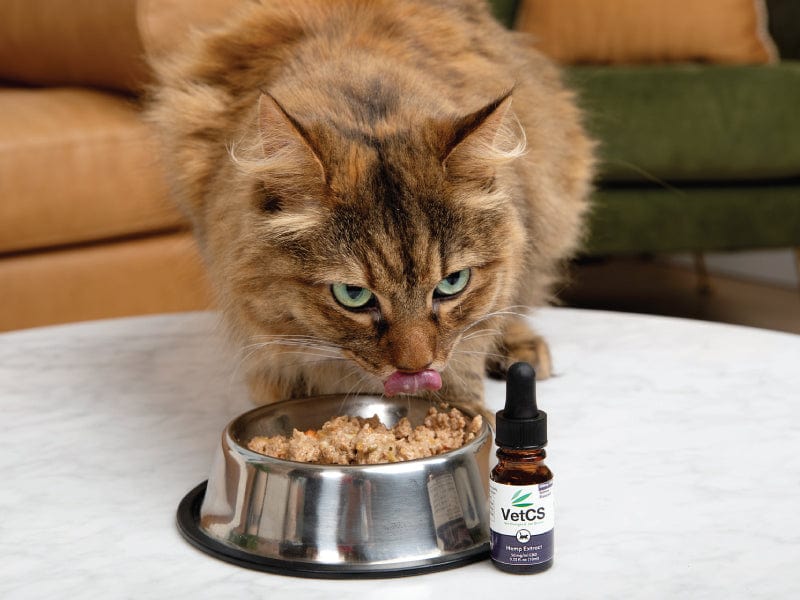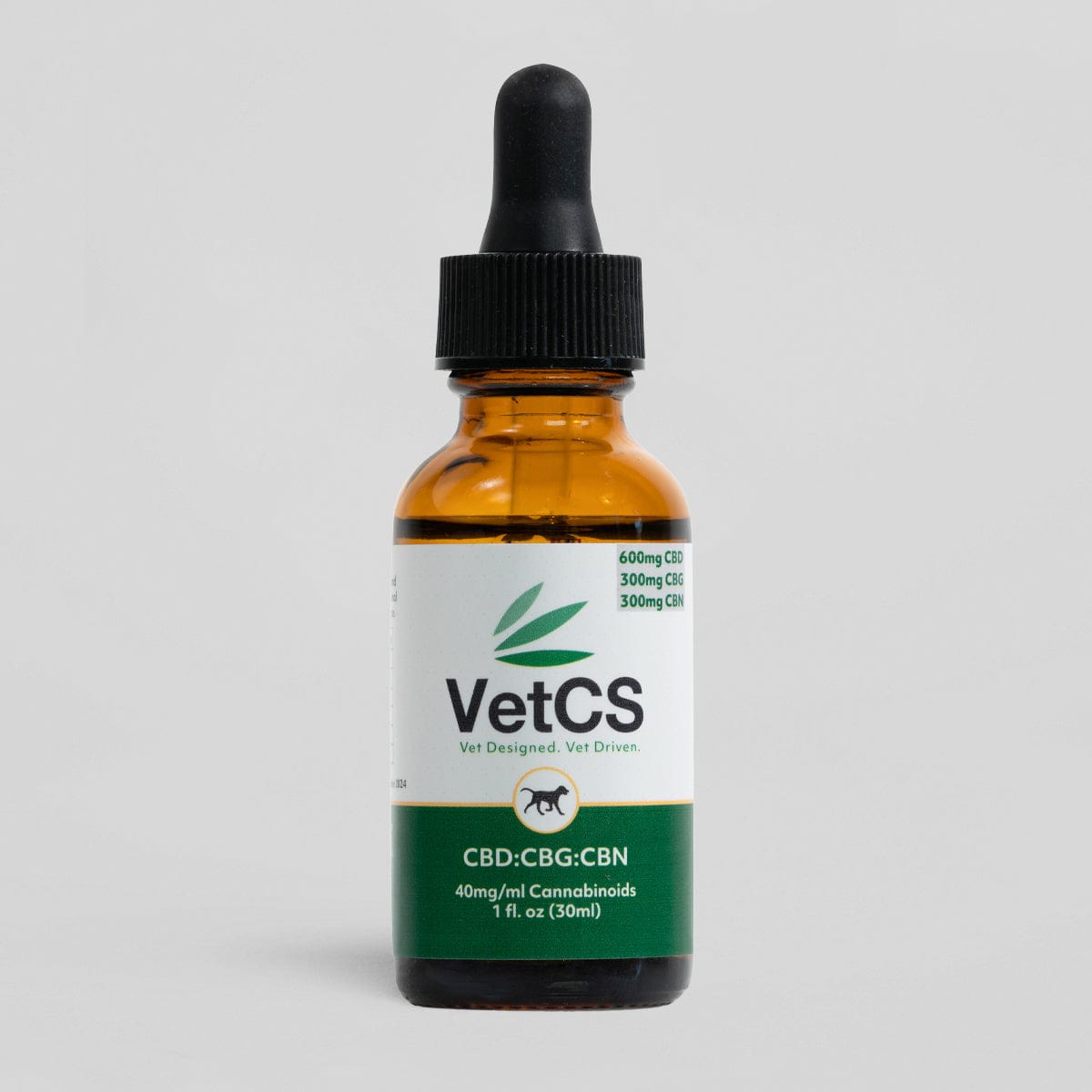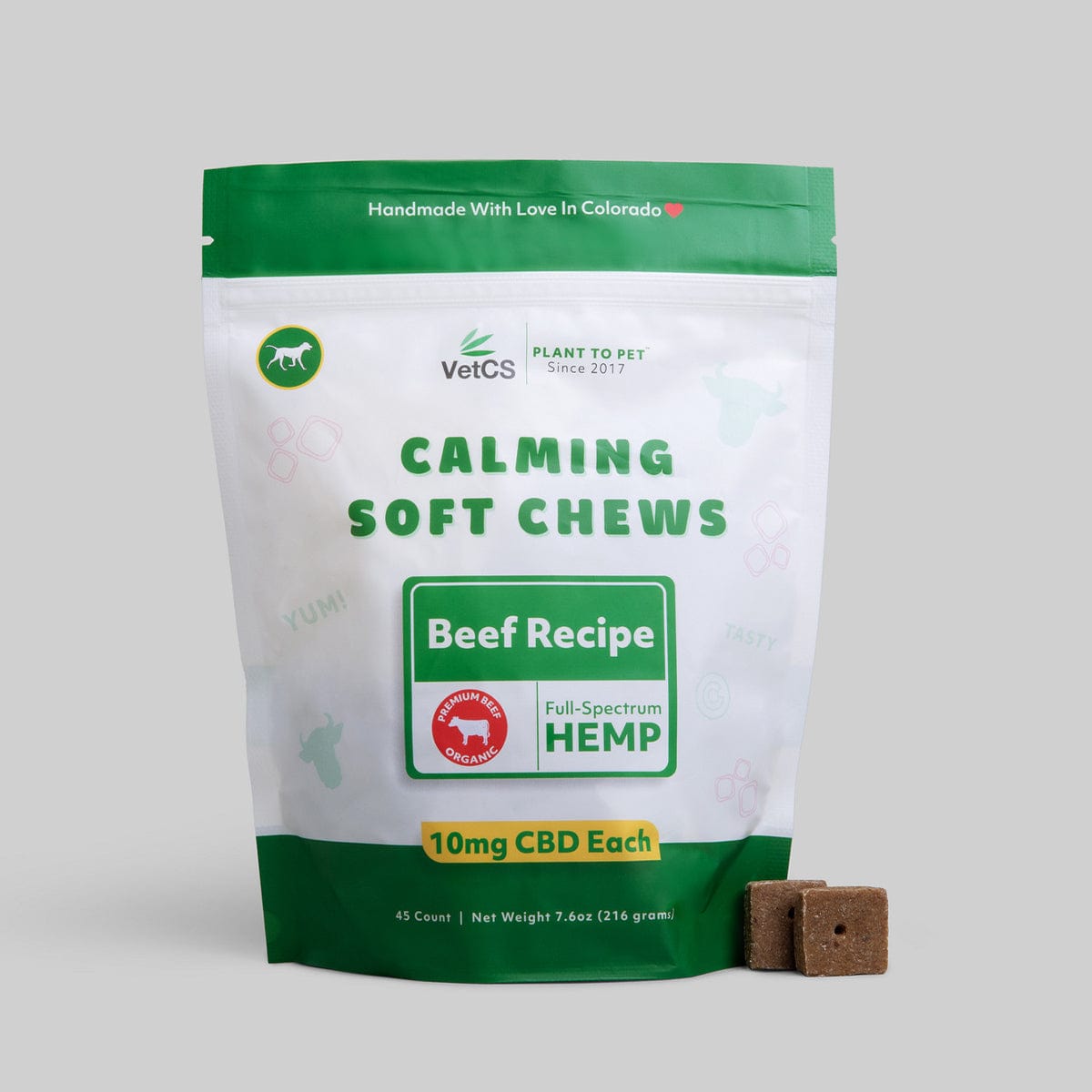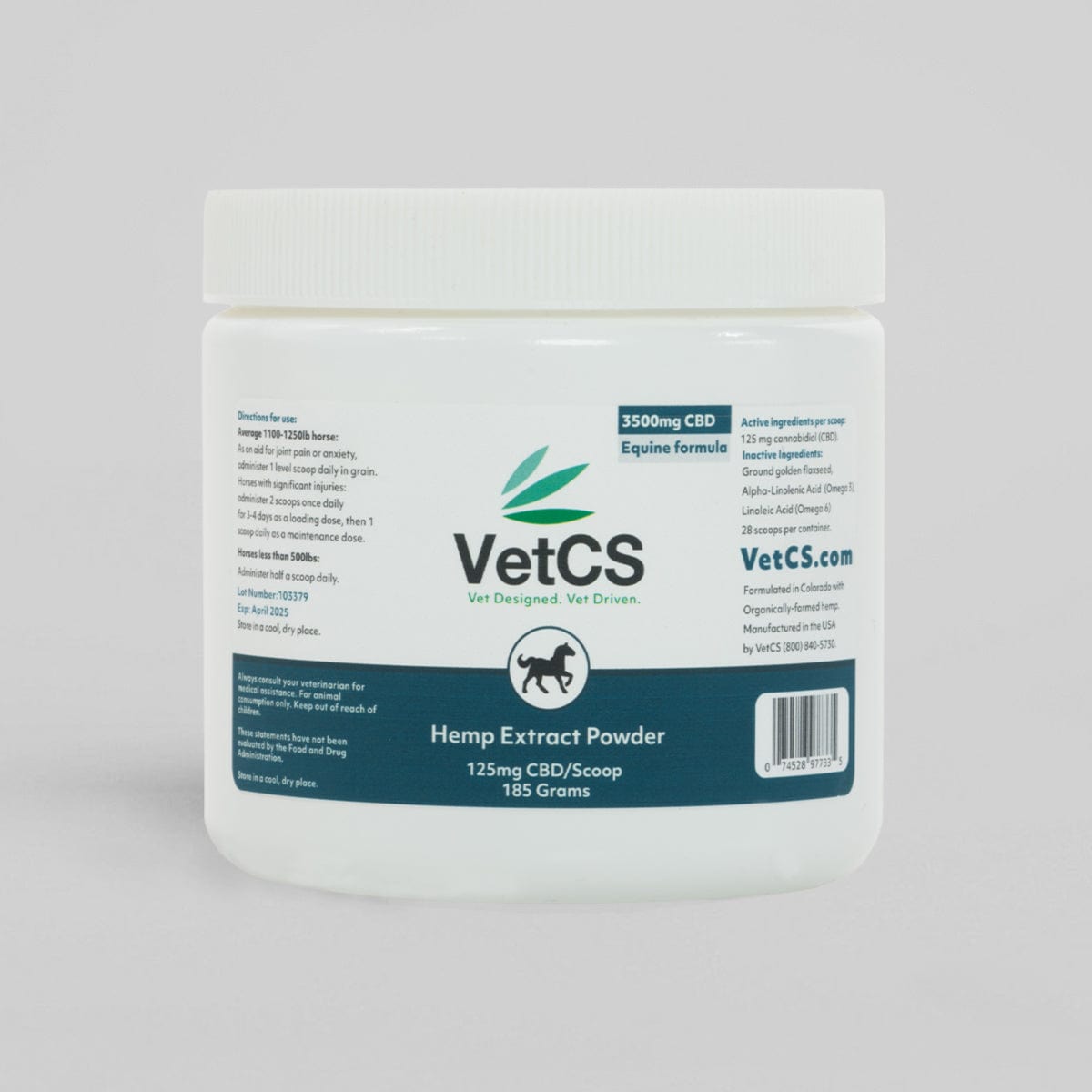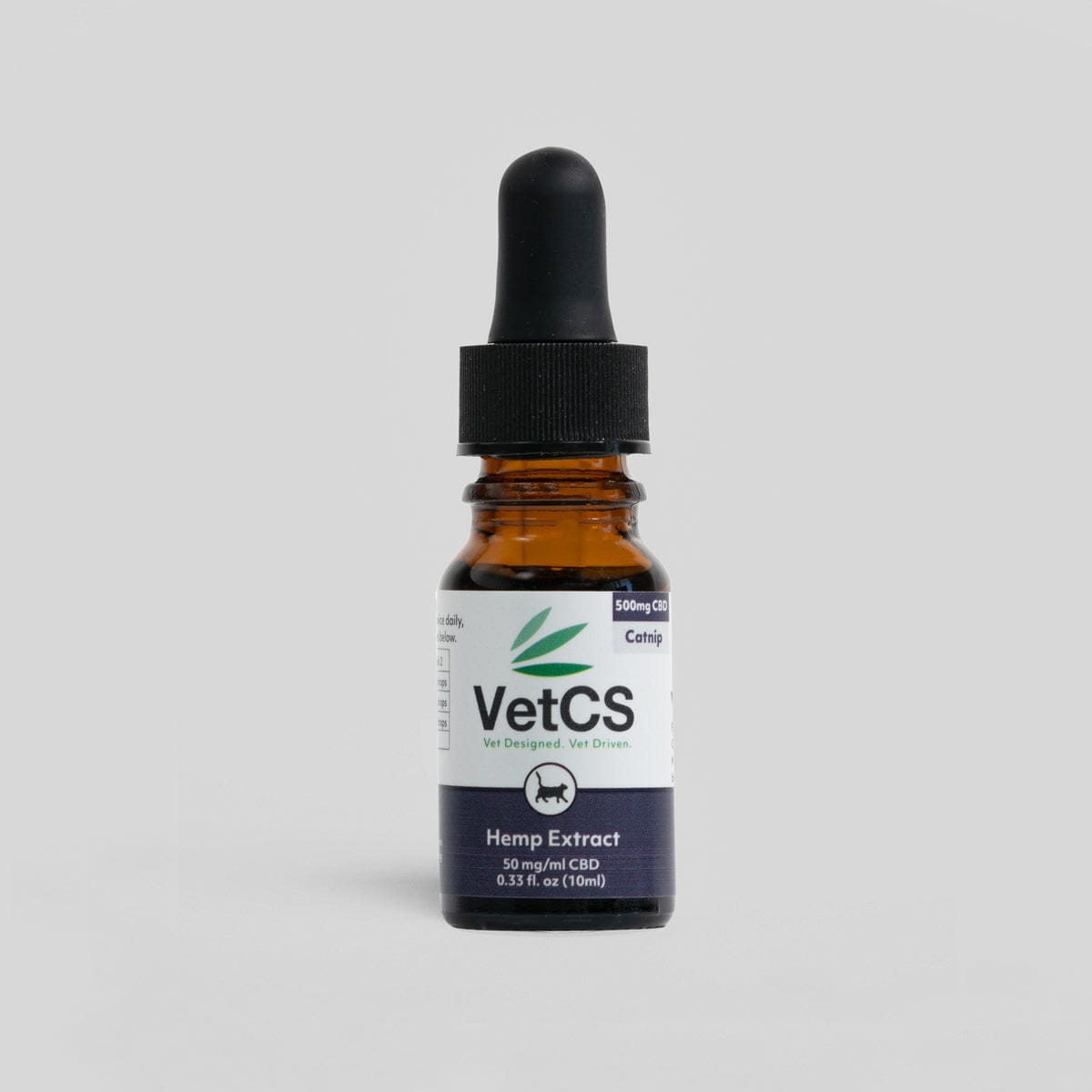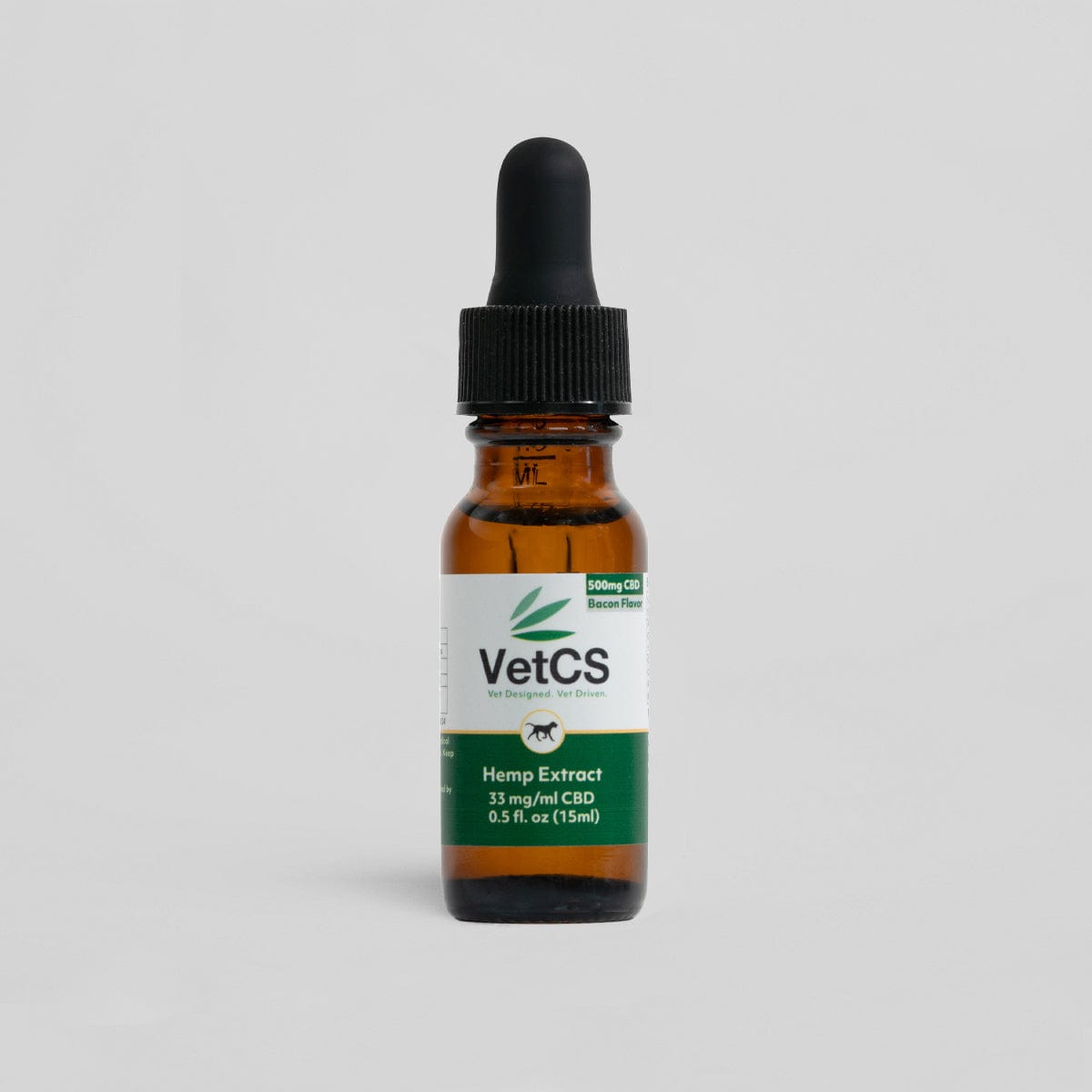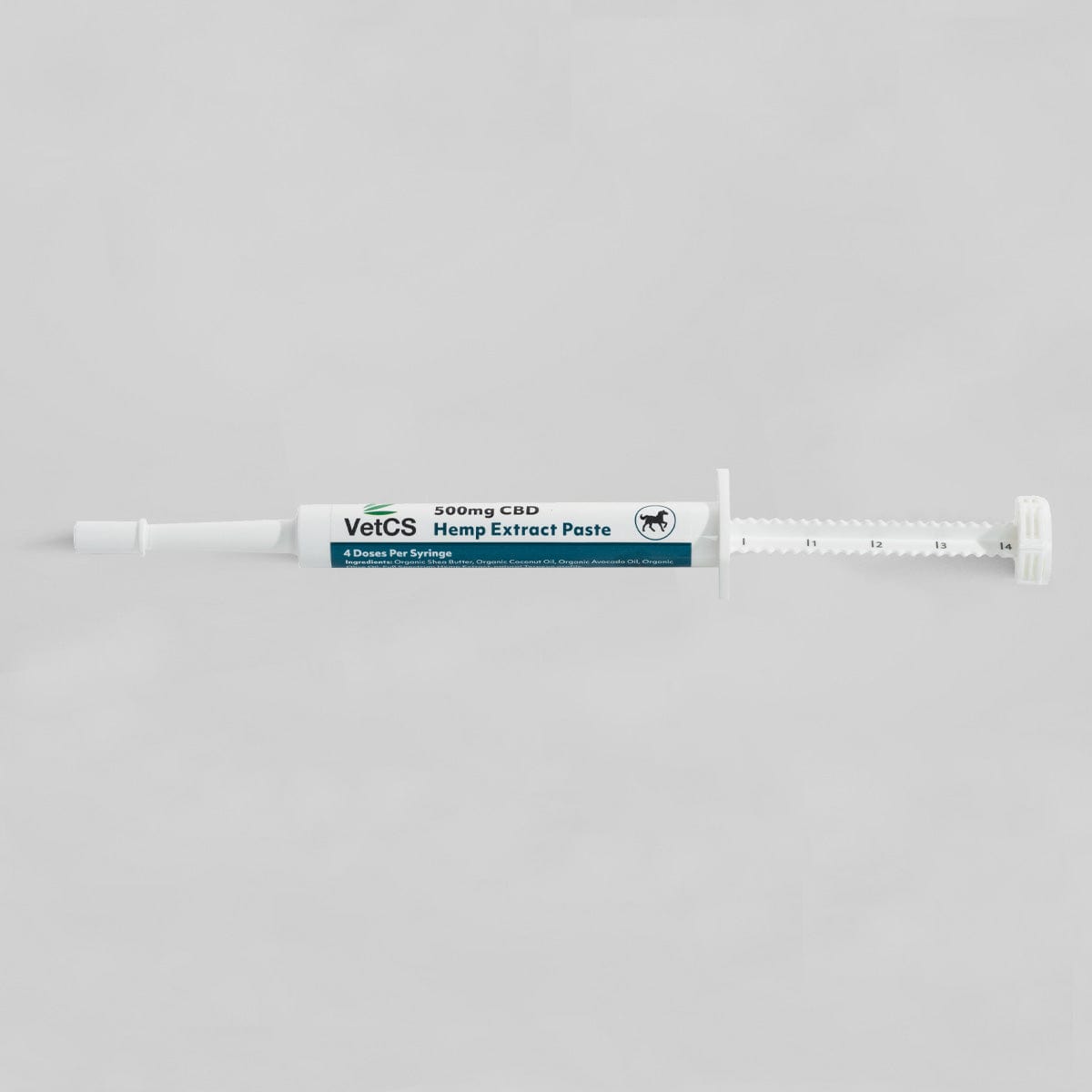
Giant breed dogs such as Great Danes, Saint Bernards, Newfoundlands, and Great Pyrenees are prone to hip and elbow dysplasia, degenerative joint disease, and arthritis due to their rapid growth and large body frames.
Managing daily comfort in these beloved pets can be challenging. While traditional pharmaceuticals like Rimadyl (Carprofen), Previcox (Firocoxib), and Librela are effective for joint pain, they may cause adverse reactions in some dogs.
Natural Joint Support Options
For pet parents seeking a more natural approach to pain management, combining therapies like Adequan, omega fatty acids, turmeric, CBD, and green-lipped mussel can offer significant relief and long-term joint support:
- Adequan: A veterinary injectable treatment made from polysulfated glycosaminoglycans (PSGAGs) that helps preserve cartilage with minimal side effects.
- Omega-3 Fatty Acids: Especially those rich in EPA and DHA, help reduce inflammation associated with osteoarthritis.
- Turmeric: Contains curcumin, a powerful natural anti-inflammatory that can ease joint pain and stiffness.
- CBD (Cannabidiol): Has been shown to improve mobility and reduce lameness in dogs. Appropriate dosing is key—reach out to info@vetcs.com for veterinary-guided support.
- Green-Lipped Mussel (GLM): Provides ETA omega fatty acids and natural glycosaminoglycans. VetCS chewable tablets contain GLM plus 6 essential chondroprotectants to support joint health.
Exercise and Rehab Support
In addition to supplements, gentle but regular movement is essential. Low-impact exercise—such as walking, swimming, or physical therapy—can help maintain joint flexibility and reduce stiffness. Many canine rehab centers offer supportive therapies including:
- Cold laser therapy
- Underwater treadmill sessions
- Acupuncture
Whether you’re managing early signs of hip dysplasia or supporting a senior Great Dane, a multifaceted approach including CBD and other natural therapies can provide lasting comfort and improved quality of life.





